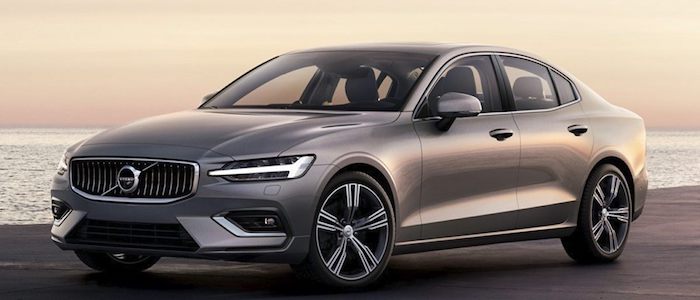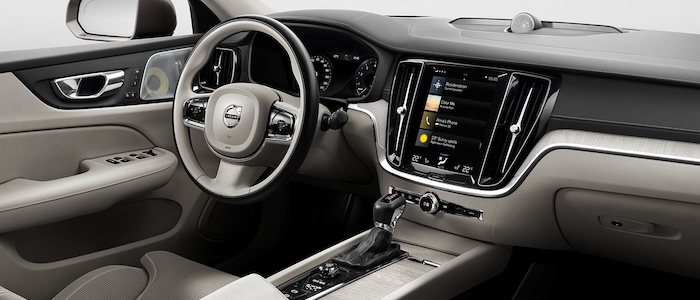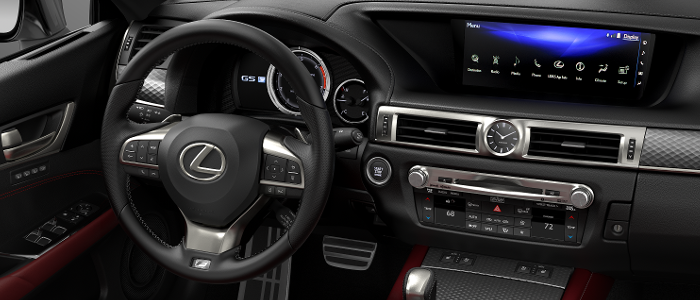Compare two cars
Compare any two cars and get our Virtual Adviser™ opinion
Dimensons & Outlines
Check vehicle history
Engine
Performance (manual gearbox)
Performance (automatic gearbox)
Expenses
Virtual Adviser's™ opinion
We are here considering two somewhat similar cars, but we can't deny some of the obvious differences. For a start, they are not even classified under the same segment, with the Volvo being a large family car and the Lexus representing luxury car vehicle class. Another thing to take into account here is the wheel drive. The first one makes use of a 4 x 4 wheel drive system, aiming at people who plan to leave their safety zone and challenge the surfface, both in the terms of reduced grip and offroading, whereas the second one transfers the power and torque to the rear axel only, making it perfect for those who are enthusiastic about driving, and don't hesitate to push their car to the limit, even if that requires some additional effort in snow or ice.
SafetyThe fact that the Volvo got tested by the European New Car Assessment Programme (Euro NCAP), while the other contender didn't, puts it sky-high safety-wise, in my eyes at least. Moving further on, let's take a closer look at some additional safety-related facts. The second vehicle is a luxury car and that gives it a marginal advantage over the large family car competitor, at least that's what statistics show.
ReliabilityReliability is not the best thing to consider on the make level, but it is worth mentioning that Lexus does have a slight advantage, when all the models are taken into account. These are the official statistics, while our visitors describe reliability of Volvo with an average rating of 3.2, and models under the Lexus badge with 4.9 out of 5. Unfortunatelly, I don't have enough insight that would allow me to comment in more details on the specific models level. Above it all, drivers of cars with the same engine as the Swedish car rank it on average as 4.0, while the one under the competitor's bonnet gets 5.0 out of 5.
Performance & Fuel economyVolvo is a bit more agile, reaching 100km/h in 0.9 seconds less than its competitor. In addition to that it accelerates all the way to 240 kilometers per hour, 10km/h more than the other car. When it comes to fuel economy the winner has to be the Swedish car, averaging around 7 liters of fuel per 100 kilometers (40 mpg), in combined cycle. We can't ignore that 13% difference compared to the Japanese car.
Verdict
Lexus appears just a bit more reliable, although the difference is truly marginal. The most important thing when deciding between any two vehicles should always be safety, both passive and active. In my opinion, everything taken into account, the Swedish car beats the other contender by far, making it the best choice without even considering other things. It all continues in the same direction, with Volvo outracing its opponent in any situation possible, making it better choice for boy racers. To make things even better, it consumps less fuel! All together, there's not much more to say, in this case I wouldn't even consider anything but Volvo. In any case that's my personal view, built upon all the data available to me. What should decide here though is the way you feel about the two vehicles, and I hope you'll find my guidelines useful in the process. Also, you could use the oportunity to find out which car, everything taken into account, would be the perfect choice for you in the eyes of the virtual adviser™, among more than 12.000 different ones in our database.
































